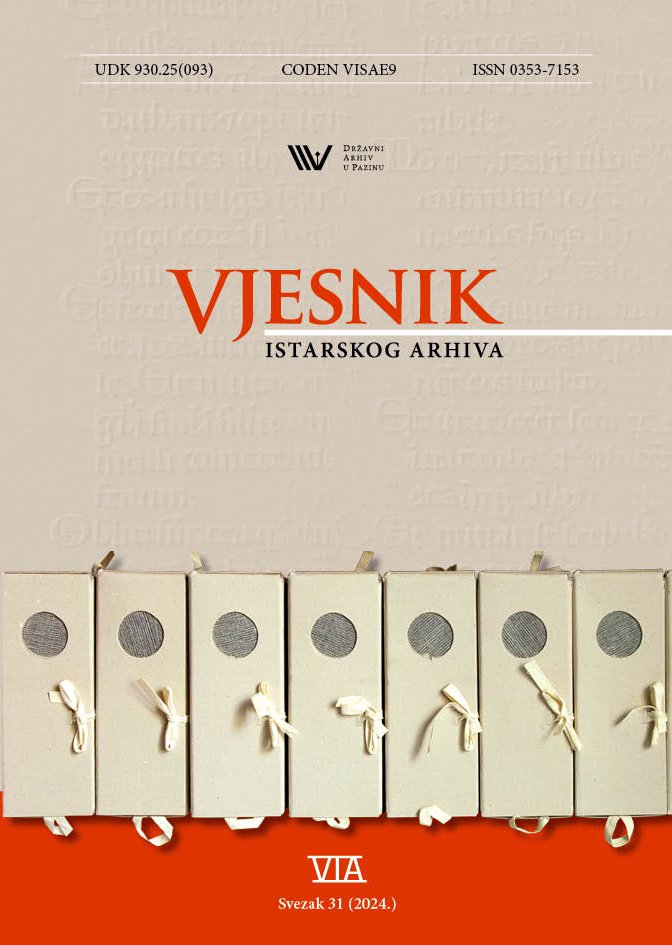Offices within the Pauline Order laid down in the 1644 Constitutions
DOI:
https://doi.org/10.31726/via.31.5Keywords:
Pauline Order, religious constitution, XVII. century, Pope Urban VIII., monastery service, officiaAbstract
In the 17th century, the Pauline Monastery operated as a complex mechanism, in which every duty and office was prescribed by the Constitutions. This paper presents the offices laid down by the Constitutions approved by Pope Urban VIII in 1644. They describe to the modern reader the needs and requirements of monastic life as well as the concept of office as the most important activity in the modern monastic community. Every Pauline monastery is seen as a closed mechanism in which every person has his own role, and the superior makes sure that these roles are carried out properly. Some offices are appointed by the superior (prior, preacher, confessor), while monks are democratically elected to some offices (prior general, discrete), or they rotate according to the internal schedule of the monastery (hebdomadar, choir rector, lector). The paper explains how the monks spent their time when not praying and how a Pauline monastery was organized in the 17th century. The paper presents the exact terminology of individual offices, the method of appointment, their duration and the obligations attached to them.
Downloads
Published
Issue
Section
License

This work is licensed under a Creative Commons Attribution-NonCommercial 4.0 International License.

